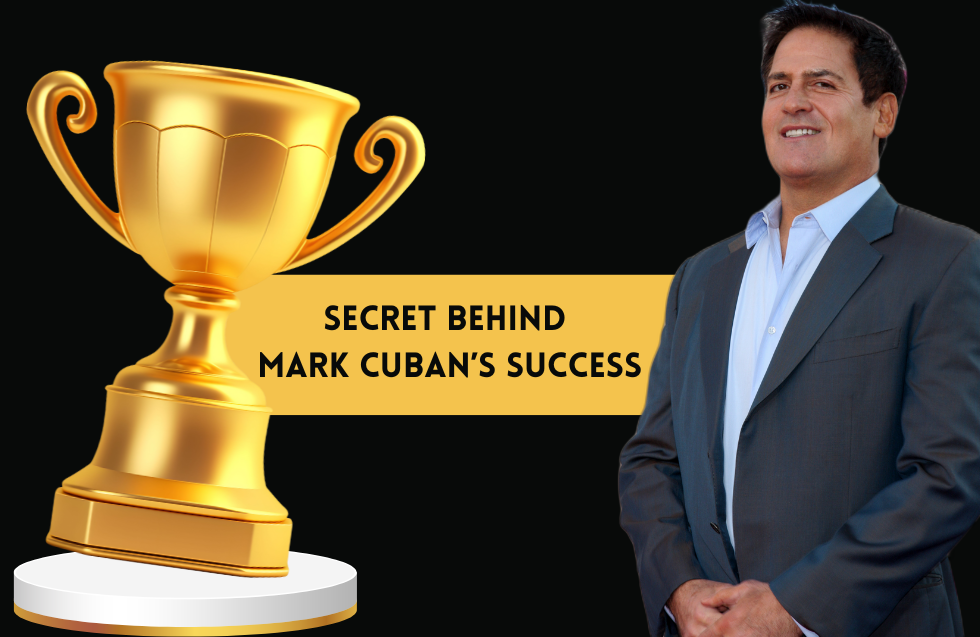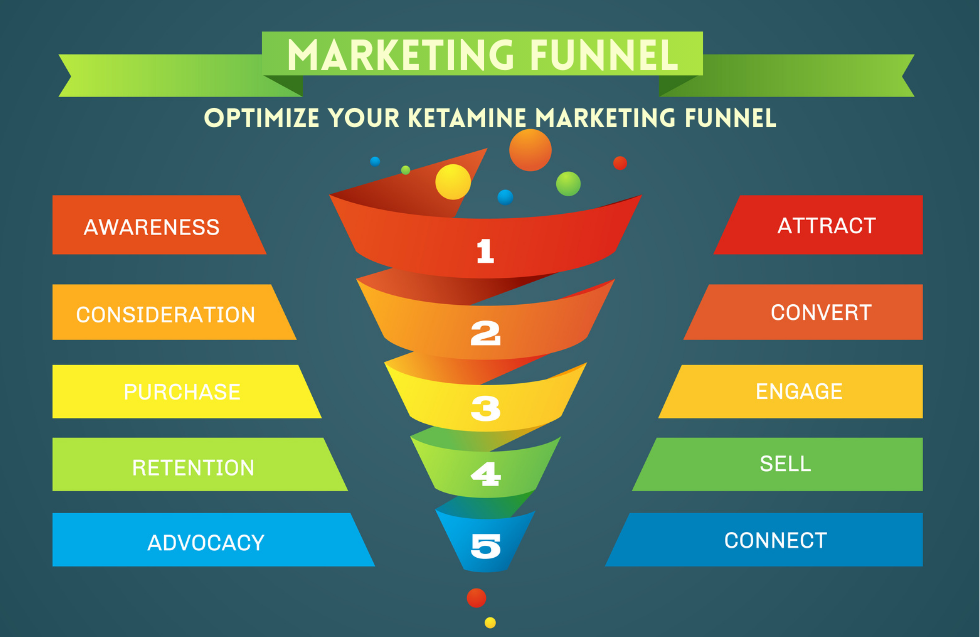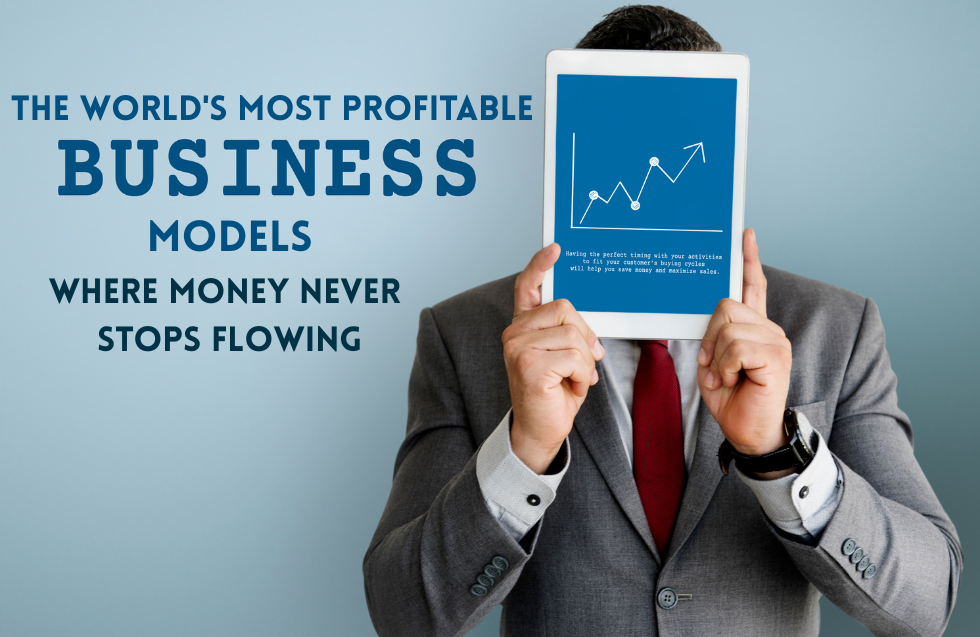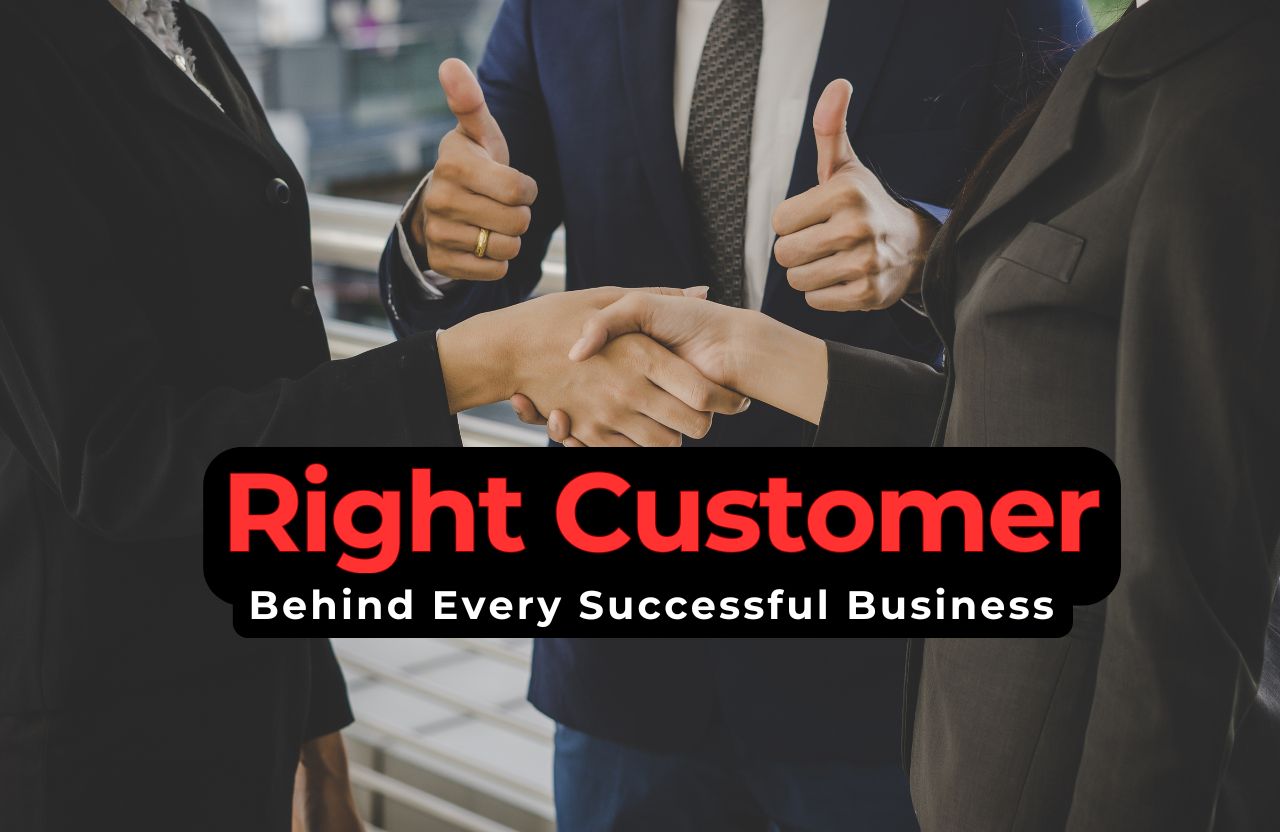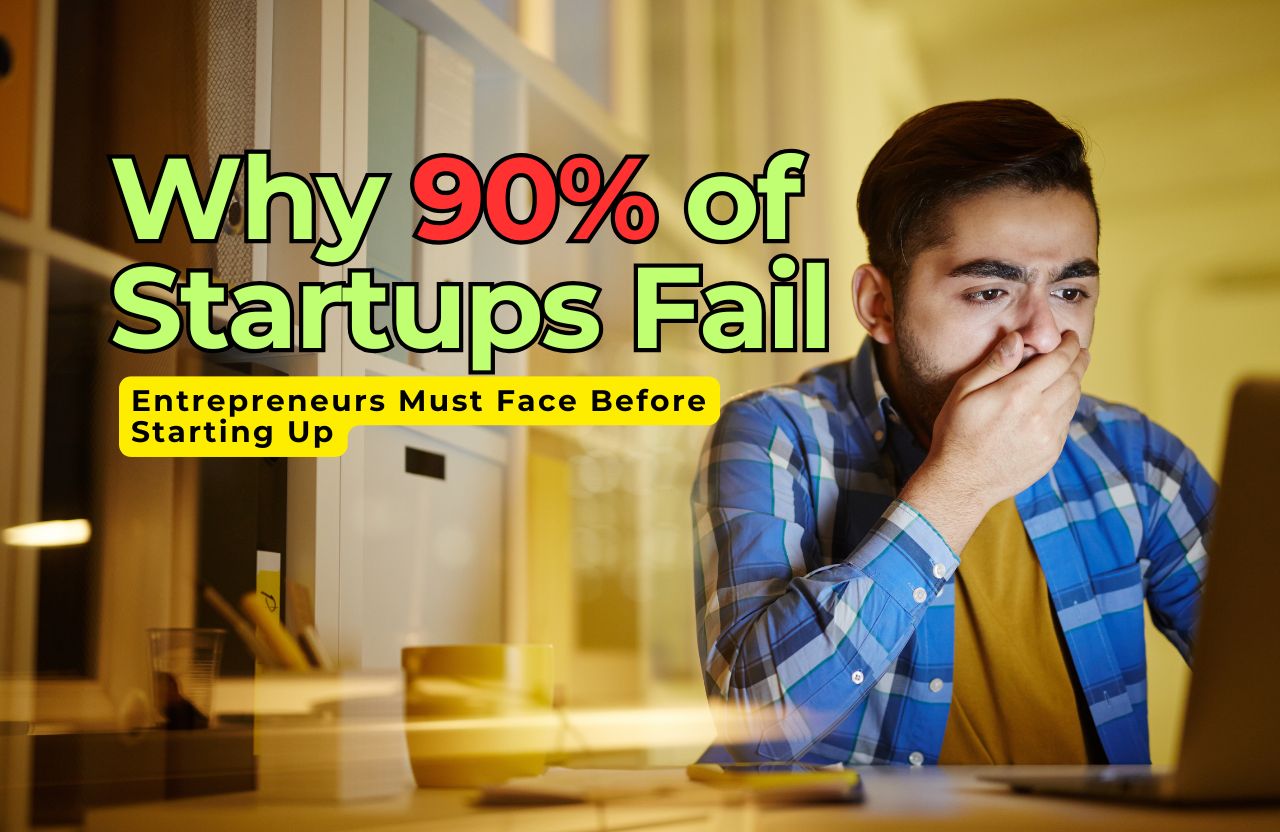Chances are, you’ve heard news articles about a young person or someone in his early 20s founding a billion-dollar startup. These are inspiring and compelling articles, they are also inaccurate. They make it seem as if ownership in business is a “young person’s game.” The reality is quite different. Wondering if it’s too late to start a business in your 30s?
The answer is yes, it might be the perfect time, too. You’ve gained crucial experience, professional connections and in most instances, financial stability by now and that gives you an edge over younger founders. Rather than being too late, 30s and above can be the most opportune time in transforming your concept into a flourishing business.
Data Shatters the Youth Myth
People tend to think that business is the field exclusively of youth. But science proves that the age of founders is typically higher:
- The average founder age at a successful startup is 42.
- In industries ranging from Information Technology the average age is in early-to-mid 40s.
- The most successful are usually in the 40s and 50s and the most risky and highest in failure are in the early 20s.
- In fact, in the most successful 0.1% startups, a founder’s average age is 45.
The bottom line: You’re not too old if you’re in your 30s and choose to start a business, you’re in an age demographic the data shows as ready to be a business owner.
Why 30s Can Be the Best Age to Begin
Entrepreneurial activity in the 30s implies the introduction of maturity, life wisdom and financial resources typically absent among young founders. That’s why the age period presents a specific set of benefits:
- Experience & Insight: At 30, you’ve probably accumulated multiple decades worth of work experience. You are aware of your industry, have witnessed business challenges first-hand and are capable of informed decisions than you were in the early 20s.
- Financial Stability: Although few people have a large safety net, there are many in their 30s who have savings, access to credit or investor confidence funds that are useful in coping with risks associated with entrepreneurship.
- Network Access: You’ve developed a greater professional and personal network. Your colleagues, peers and even mentors could connect you with opportunities, investors or potentially customers.
- Resilience & Focus: Starting a business is a test. You’ve already learned how to fail and come back by the time you’re in your 30s. You’re less distractible and more intense by then as well.
Choosing to start a business in your 30s means you’re not starting from scratch, you’re starting with momentum.
Motivational Entrepreneurs Who Embody It’s Never Too Late
History is replete with instances of successful founders who didn’t really find their stride until later in life:
- Tory Burch (38) – Founded her fashion label, now a global giant.
- Evan Williams (34) – Co-founded Twitter after a tech stint.
- Martha Stewart (56) – Created her media empire in her 50s.
- Jack Ma (35) – Established Alibaba despite rejection through the years.
- Jan Koum (33) – Co-founder of WhatsApp, eventually sold for $19B.
- Tim Westergren (35) – Founder of Pandora, for persevering despite many hurdles in the early days.
- Morris Chang (55) – Founder of TSMC, a now full-fledged world-chip industry business.
- Ankur Jain (34) – Founded Bilt Rewards, now valued at $3.25B.
- Michael Browning Jr. (mid-career) – Self-funded and scaled Sky Zone to over $1B in revenue.
These stories prove one thing without a doubt: if you start a business in your 30s, you’re no exception and following a well-worn path to business success.
Proven Approaches to Starting a Business
It takes more to get a business off the ground and grow it than just evidence that you had an idea. It takes execution, strategy and perhaps the greatest quality and adaptability. Below are examples of factual steps that any aspiring entrepreneur in their 30s can follow to start their first business:
- To Begin, With Clarity & Purpose
Define your mission, intended reader and exactly what problem you are solving. Effective business founders often have a clear “why” driving them.
- Make Digital Marketing Work for You
Use social media, search engine optimization, content advertising and paid advertising. Through them, you can compete with larger companies and access customers cheaply.
- Delegating and Automating Wisely
If it is process you’ll or can automate (like billing, opening or customer support) you have a decent chance of freeing up some time immediately, if you are able to delegate anything that is redundant or not critical or paramount to your business you have opened up much more of your time for developing and think of ways to move your business forward.
- Build Strong Customer Relationships
Happy customers are the best marketing. Reward loyalty, have a spontaneous personal relationship with customers, build trust and transparency with customers.
- Build Partnerships
Partnerships may be initiated with complementary businesses that you can share common audiences, resources and experiences. Your connections can lead to partnerships that might ignite valuable growth in your company.
- Diversify Income Streams
Don’t rely on a single product or service. Offer consultancy, courses or information products as an additional.
- Measure, Learn and Adapt to Your Actions
Monitor your KPIs, assess how you’re executing and make necessary adaptations along the way.
When you’re starting a business in your 30s, you now have methods that have you heading in the direction of not just surviving, but thriving.
The Odds Are on Your Side
Let’s put the numbers into perspective:
| Founder’s Age Group | % of Startup Founders |
| 40+ | 59% |
| 30–40 | 25% |
| 20–30 | 16% |
Not only are the majority of founders older than 30, but the most successful ones tend to be too. That would put you in good company if you’re 30 and launch a business.
FAQs
Q1: Can you start a business in your 30’s?
Yes. Studies continually demonstrate that founders in their 30’s and 40’s tend to succeed more than founders in their 20’s.
Q2: Why are older founders more successful?
Because they have business knowledge, financial stability and established circles of trust, qualifications while younger founders do not possess.
Q3: How do I balance personal life with a business startup in my 30s?
Set boundaries, prioritize and use automation or delegation in releasing time for business and family.
Q4: Do younger founders still succeed?
Yes, especially in growing sectors like social media. But long-term, middle-aged founders tend to beat them.
Q5: Where do I begin?
Begin with what you know. Create a prototype or an MVP, find a market to place it, get support from your network and pivot fast. If you enter your 30’s, you do have the advantage of the above being fast tracked through your experience.
Conclusion
So if you’re considering if it’s too late to start a business in your 30s and onwards, then the answer is a clear yes. And, as a study shows, you may have a bigger chance than young founders.
You add experience, hard work, vision and networks, ingredients that make successful ventures out of unsuccessful ones. The later startup founders, who still changed industries are a testament that there is no time limit on success.
Your 30s are not the end but the beginning of your most potent chapter yet. With a vision, an astute strategy and dedication, you will not just launch, you will create a business for the ages.
So forget about the myth of “starting young”. Your time is now and 30 may be the perfect time in which to build your winning business story.

